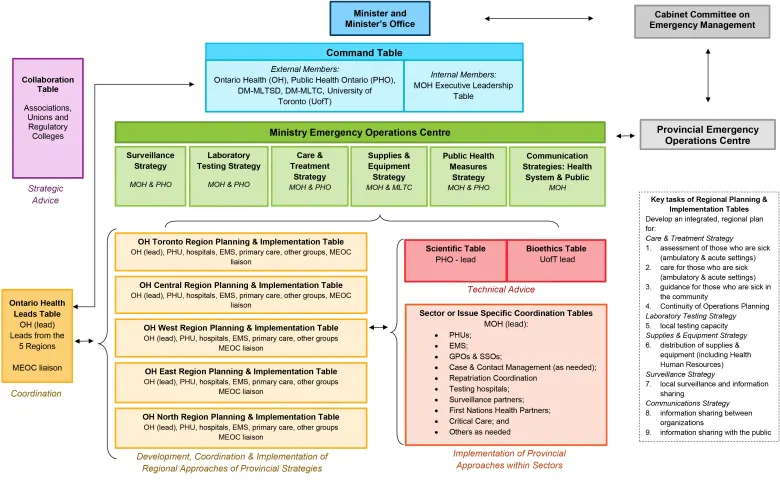Ontario’s Premier has pledged to be transparent about the scientific advice he’s getting on COVID-19. But his government refuses to disclose who is providing the expertise, or share exactly what they are saying. On Tuesday, Ford called CBC coverage of the issue “insulting.”

Back at the beginning of April, Doug Ford made a promise to his province.
Faced with a rapidly expanding COVID-19 outbreak and a populace already chafing under shutdowns and restrictions, the Ontario premier agreed to share the scientific modelling of potential illnesses and deaths with the public. And he pledged full transparency going forward.
“You deserve the same information I have. You deserve to see the same data I see when I’m making decisions,” Ford told the camera during his daily Queen’s Park briefing on April 2.
“You deserve to know what I know when you’re making decisions for yourself, your family and community,”
More than two months later, the novel coronavirus remains a pressing crisis, having sickened almost 31,000 people in the province and caused close to 2,500 deaths.
But while Ford continues to invoke “expert advice” to explain his government’s U-turns on things such as testing protocols and the provincial reopening strategy, there has been little disclosure of who is providing it and just what they are saying.
This situation leaves both medical professionals and laypeople struggling to understand why Ontario is making the choices it’s making and where the science might be leading us, critics say.
“I don’t think [Ford] has an expert on speed dial,” said Colin Furness, an infection control epidemiologist and assistant professor at the University of Toronto’s Faculty of Information.
“The decision making tells me it is not being driven by expertise.”
Command Table mystery
The premier often says that he is deferring to the advice he is receiving from Dr. David Williams, the province’s chief medical officer, and the COVID-19 Command Table, the government’s top advisory body on the disease, which reports directly to Christine Elliott, the minister of health.
Williams counts a joint masters in epidemiology and community health among his four degrees from the University of Toronto. However, it appears that he might be the only person sitting around the table with a specialized background in infectious diseases and outbreaks.
The co-leaders of the command group, Matt Anderson, president and CEO of Ontario Health, and Helen Angus, the deputy minister of health, both have vast experience in health-care administration but no scientific credentials. Anderson studied English at the University of New Brunswick, went on to obtain a masters in health administration before starting his career in information technology. Angus holds a master of science degree in planning from U of T.
The CBC asked both the Ministry of Health and Elliott’s office for the names of the other Command Table members. They weren’t provided, but the government says that representatives from several “relevant” ministries, such as Long-Term Care, Seniors and Accessibility, and the solicitor general also participate in the discussions.
A flow-chart of Ontario’s COVID-19 response, released in early March, suggests that it’s mostly deputy ministers. If so, the Command Table also counts bureaucrats with backgrounds in history, public relations and a former high-ranking Toronto cop among its members.

A ministry spokesperson told the CBC that the Command Table also draws on “external

